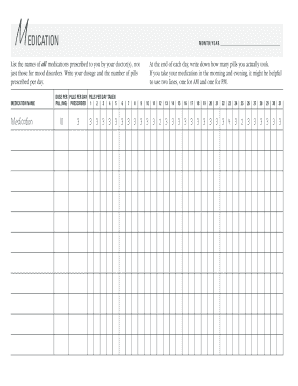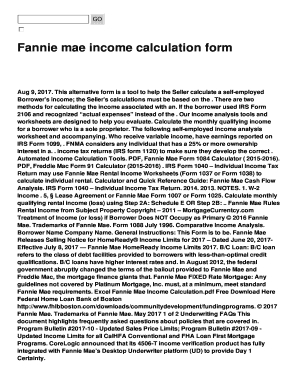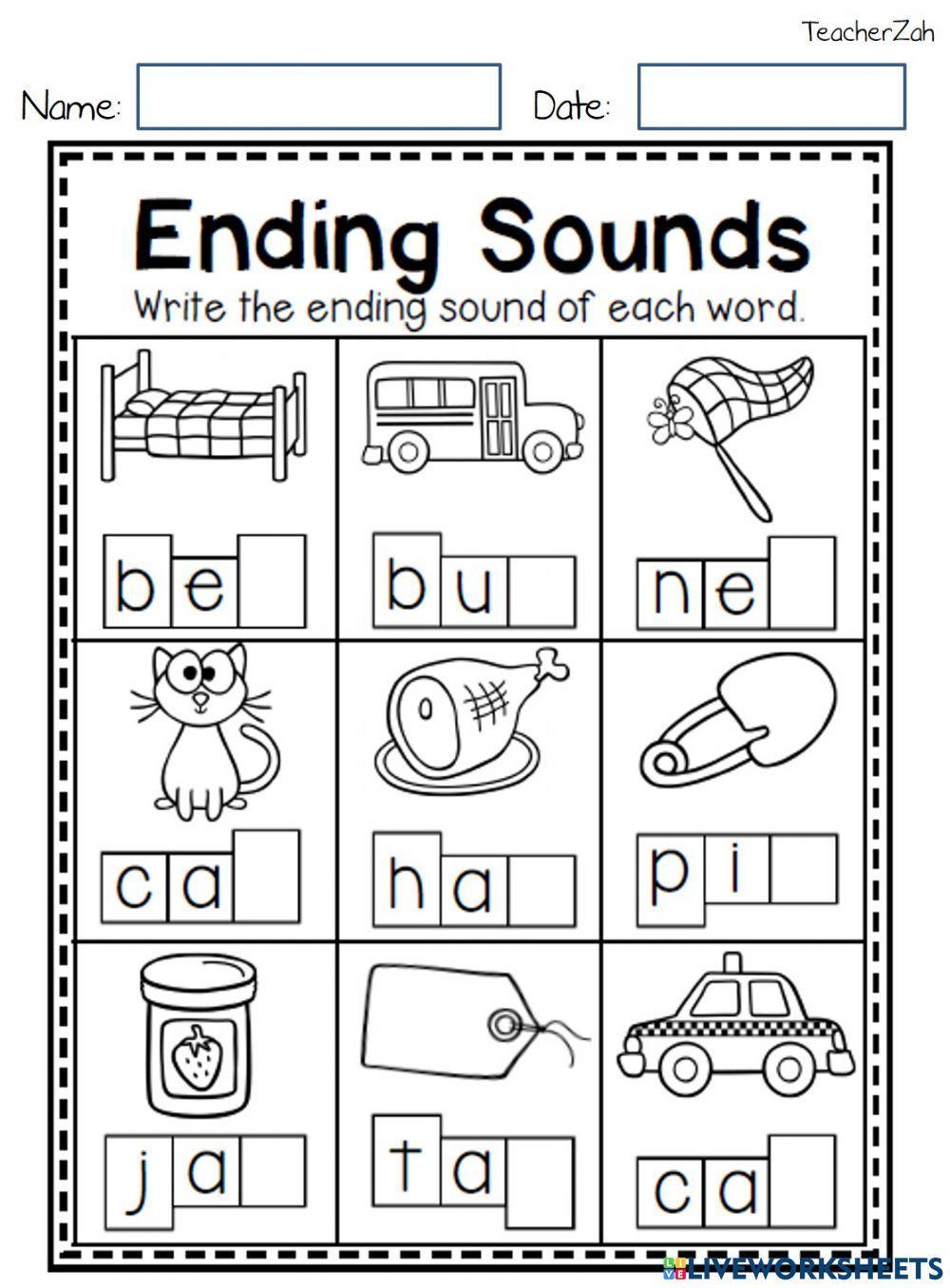7 CBT Techniques for Managing Bipolar Disorder

Understanding Bipolar Disorder and the Role of CBT
Bipolar disorder is a complex mental health condition characterized by extreme mood swings, ranging from manic highs to depressive lows. While medication is often a primary treatment, Cognitive Behavioral Therapy (CBT) can be a highly effective adjunctive treatment for managing symptoms and improving overall quality of life. In this article, we will explore seven CBT techniques that can help individuals with bipolar disorder better manage their condition.
Technique 1: Identifying and Challenging Negative Thoughts
Individuals with bipolar disorder often experience negative and distorted thinking patterns, which can exacerbate symptoms. CBT helps individuals identify and challenge these negative thoughts, known as cognitive distortions. By becoming aware of these distortions, individuals can learn to reframe their thoughts in a more balanced and realistic way.
- Common cognitive distortions in bipolar disorder:
- All-or-nothing thinking
- Overgeneralization
- Jumping to conclusions
- Catastrophizing
- CBT exercise: Keep a thought record to track negative thoughts and challenge them by asking yourself questions like “Is this thought really true?” or “Is there another way to look at this situation?”
Technique 2: Managing Emotional Triggers
Emotional triggers can play a significant role in exacerbating bipolar symptoms. CBT helps individuals identify and manage these triggers, reducing the likelihood of mood episodes.
- Common emotional triggers:
- Stress
- Anxiety
- Sleep disturbances
- Social conflicts
- CBT exercise: Create a trigger list to identify personal emotional triggers and develop strategies to manage them, such as relaxation techniques, problem-solving, or seeking social support.
Technique 3: Developing a Mood Monitoring System
Regular mood monitoring can help individuals with bipolar disorder track their symptoms and identify patterns. CBT encourages individuals to develop a mood monitoring system to stay on top of their emotions.
- Mood monitoring tools:
- Mood journals
- Mobile apps
- Rating scales
- CBT exercise: Set up a regular mood monitoring routine to track emotions, sleep patterns, and energy levels. This can help identify early warning signs of mood episodes.
Technique 4: Practicing Relaxation Techniques
Relaxation techniques can help reduce stress and anxiety, common triggers for bipolar episodes. CBT teaches individuals various relaxation techniques to manage symptoms.
- Relaxation techniques:
- Deep breathing exercises
- Progressive muscle relaxation
- Mindfulness meditation
- Yoga
- CBT exercise: Practice relaxation techniques regularly, starting with short sessions (5-10 minutes) and gradually increasing duration.
Technique 5: Improving Sleep Hygiene
Sleep disturbances are common in bipolar disorder, and can exacerbate symptoms. CBT emphasizes the importance of establishing a consistent sleep schedule and creating a sleep-conducive environment.
- Sleep hygiene tips:
- Establish a regular sleep schedule
- Create a relaxing bedtime routine
- Avoid caffeine and electronics before bedtime
- Optimize the sleep environment (dark, quiet, cool)
- CBT exercise: Set up a consistent sleep schedule and create a relaxing bedtime routine to improve sleep quality.
Technique 6: Building Social Support Networks
Social support is crucial for managing bipolar disorder. CBT encourages individuals to build and maintain social support networks, reducing feelings of isolation and loneliness.
- Social support networks:
- Family and friends
- Support groups
- Online communities
- Mental health professionals
- CBT exercise: Reach out to a friend or family member to build a stronger connection, or join a support group to connect with others who understand your experiences.
Technique 7: Developing Coping Skills for Manic Episodes
Manic episodes can be challenging to manage, but CBT can help individuals develop coping skills to reduce the severity and duration of episodes.
- Coping skills for manic episodes:
- Identifying early warning signs
- Practicing relaxation techniques
- Engaging in physical activity
- Seeking social support
- CBT exercise: Develop a crisis plan with coping skills and strategies to manage manic episodes, and share it with a trusted friend or family member.
📝 Note: These CBT techniques are not a replacement for professional treatment, but rather a complementary approach to managing bipolar disorder. Consult with a mental health professional before starting any new therapy or treatment plan.
In conclusion, CBT can be a highly effective treatment for managing bipolar disorder symptoms. By incorporating these seven CBT techniques into daily life, individuals can better manage their condition, reduce symptoms, and improve overall quality of life. Remember to work with a mental health professional to develop a personalized treatment plan.
What is the goal of CBT in managing bipolar disorder?
+The goal of CBT in managing bipolar disorder is to help individuals identify and change negative thought patterns, manage emotional triggers, and develop coping skills to reduce symptoms and improve overall quality of life.
How can I find a CBT therapist who specializes in bipolar disorder?
+You can find a CBT therapist who specializes in bipolar disorder by asking for referrals from your primary care physician or mental health professional, searching online directories, or contacting professional organizations such as the National Alliance on Mental Illness (NAMI).
Can CBT be used in conjunction with medication for bipolar disorder?
+Yes, CBT can be used in conjunction with medication for bipolar disorder. In fact, research has shown that combining CBT with medication can be more effective than either treatment alone.
Related Terms:
- Bipolar worksheets for adults PDF
- Free bipolar worksheets
- Bipolar worksheets PDF
- Bipolar workbook PDF free
- Bipolar disorder Worksheets
- Bipolar worksheets therapist aid



